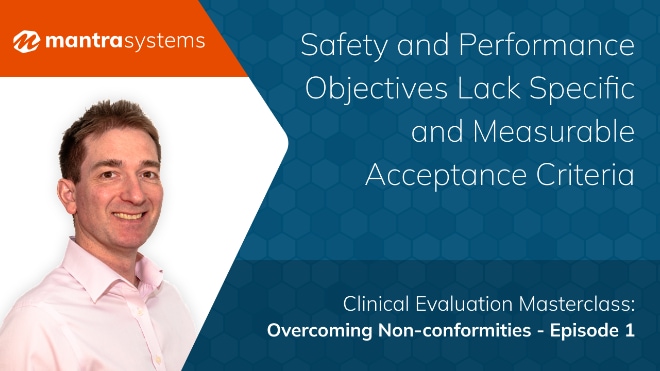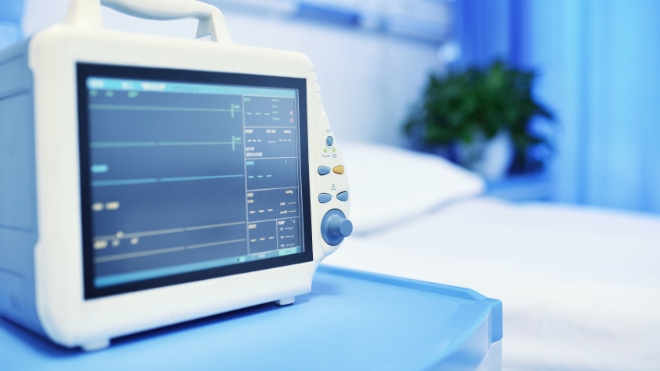
Well-designed clinical investigations are at the core of meeting medical device regulatory requirements under the EU MDR. More than ever before, the EU MDR requires manufacturers to have a detailed understanding of how to produce high-quality clinical evidence to support their products.
Despite this, access to medical expertise remains limited across the medical device industry. This is unfortunate not only because medical experts have so much to contribute to the structural design of clinical studies. It is also a problem because medical professionals are better placed than anyone to understand how a clinical investigation would function in practice.
Great clinical investigations combine two crucial elements:
- a robust design that ensures the production of quality data that is free from bias and adequately addresses the hypothesis
- an ability to be seamlessly implemented in practice
Much has been said about robust study design with perhaps too little focus on how effectively investigations can be implemented in practice. A theoretically sound study design means nothing if clinical investigators are unable or unwilling to engage with it. Incomplete investigator compliance with data entry requirements will almost certainly lead to problematic gaps in data collection that compromise the integrity of the entire investigation. It also leads to missed deadlines as patient recruitment falls behind, with an associated increase in study costs.
Neglected
When modern medical device design focuses so strongly on human factors and ethnographic research that examine how effectively a device meets the demands of its users, why isn’t the same approach taken with clinical trials?
Being a clinical investigator is not easy. Investigators are often busy clinicians who are managing multiple competing priorities. It is the job of the investigation design team to take measures to aid investigators in entering data and working with the trial.
Methods that can facilitate investigator compliance include:
- Minimising datapoints. Collect only the information that is absolutely necessary to address the study hypothesis and/or objectives
- Use an electronic CRF. Using a digital rather than paper-based data entry process means that data can be entered from anywhere (including smartphone and tablet), reducing disruption to investigator workflow.
- Have a fair remuneration structure. While always ensuring that the principles of healthcare compliance are adhered to, fairly remunerating investigators for time and effort expended while working on the trial is an effective way to encourage engagement.
- Integrate the trial into standard care. Levels of investigator compliance are likely to be far higher if engagement with the trial causes no, or minimal, disruption to standard clinical activities.
Solution
Good clinical investigation design requires a combination of scientific and medical expertise. Working with healthcare professionals who have direct experience as clinical investigators is the best way to ensure that your trials are optimally designed for maximum investigator engagement.
Mantra Systems has a team of expertly-trained medical professionals who are specialists at designing clinical investigations for PMCF as part of MDR approval strategies. Whether working to demonstrate conformity to Annex I General Safety and Performance Requirements, updating PMCF systems to MDR standards or seeking to streamline your evidence portfolio, get in touch to discuss your requirements.































































